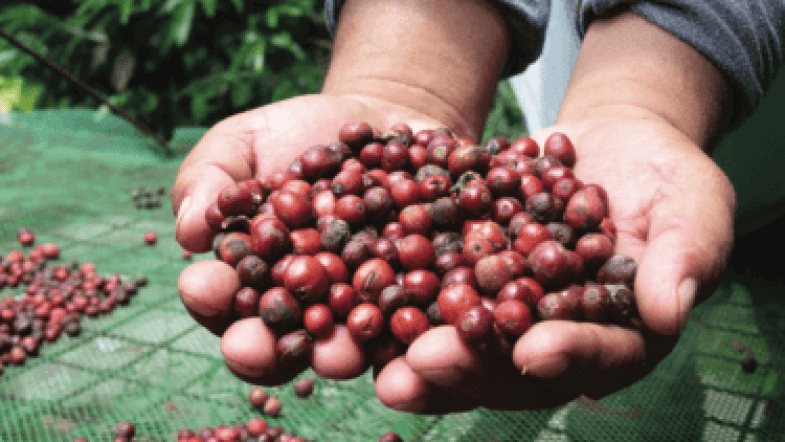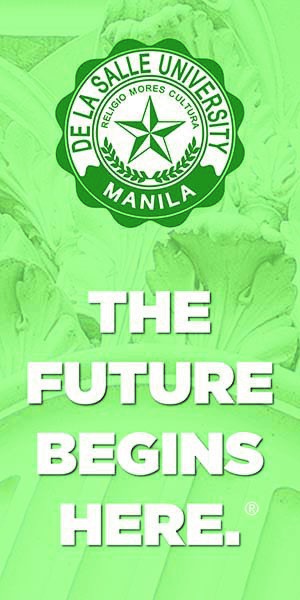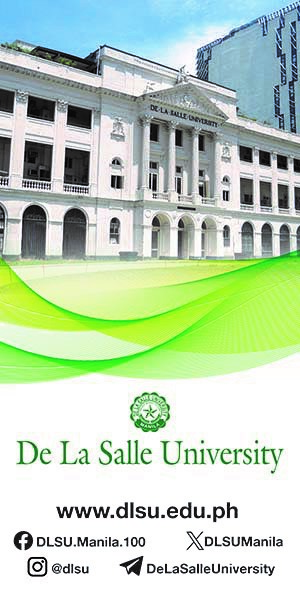
A team of faculty and students from the Department of Chemistry, together with the DLSU Food and Water Institute, conducts a research project under the Food Authenticity and Traceability Program of the DOST- PCIEERD, to ensure that local products are properly authenticated to boost local farming.
Showcasing the best of coffee products from the Robusta beans of Ilocos Sur to the Arabica beans of Bukidnon and Davao del Sur, the three-day Philippine Coffee Expo 2023 held in June at the World Trade Center in Pasay City cast the spotlight on the coffee varieties unique to some regions of the country.
More than 6,700 industry players and enthusiasts gathered for the Expo activities, which included plenary sessions, a trade fair, exhibits, and competitions, to experience the wide range of exciting local products and to check the great potentials of the growing coffee and cacao industries.
For a team of researchers from De La Salle University, the event was an opportunity to share their study, which stands to benefit not just the local farmers and producers but also the coffee and cacao-loving consumers.
Conducted under the Food Authenticity and Traceability Program funded by the Department of Science and Technology’s Philippine Council for Industry, Energy, and Emerging Technology Research and Development, the La Salle study involves the “fingerprinting” or profiling of the country’s cacao and coffee beans.
“As you can see in this expo, there is an emerging market for single-origin coffee and cacao,
a market which is focused on the geographic origin of the products,” Dr. Emmanuel Garcia, faculty member of the DLSU Department of Chemistry and head of the research team, noted.
He explained that for the research, which is scheduled to be completed at the end of 2023, the team uses “stabilize isotope analysis and multi-elemental profiling” with the help of the Philippine Nuclear Research Institute. Simply put, the process allows one to identify the characteristics of the cacao and coffee beans, which have often become distinct to a place because of factors like soil, weather conditions, farming methods, or production processes.
“For example, if you want to check whether the coffee that you’re drinking is really from Sagada, you need to have scientific evidence. Our team provides that scientific evidence,” he said.
Garcia pointed out the importance of the research in the face of unscrupulous businesses that mislabel their products. With the traceability and profiling project, producers and farmers can easily access information such as the consumption, sales, or availability of their goods. “It will be easier, too, to identify producers making false claims about their own products,” he added.
Nearing the final stage of their two-year project, the DLSU team has created a map leading to internet-accessible data of the coffee and cacao samples they have gathered from different regions. They also anticipate more samples to be profiled with the public’s growing understanding and appreciation of the scientific way of proving the origin of these products.
Garcia emphasized another important aspect of the profiling project, that is, its being a cost- efficient tool that can prove invaluable for farmers and producers.
“In a symposium I attended recently, it was noted that consumers are willing to pay 30% more than the previous price of a coffee just because the product is guaranteed or certified as authentic,” he shared. With that kind of interest, if not demand, for authentication by the discerning market, the profiling project comes quite handy.
He pointed out that by the team’s conservative estimate, it would take just about 5,000 pesos or less to profile a sample and get an authentication stamp for an entire lot of production. Such cost efficiency is meant to support local farmers as they strive to become more competitive in terms of improving the quality of their products and as they seek to protect the reputation of their brands.
Looking ahead, Garcia shared that DLSU’s Food and Water Institute, in partnership with the Philippine Coffee Guild where he is currently the chairperson, is having discussions with various regional offices of government agencies such as the Department of Trade and Industry, Department of Agriculture, and Department of Science and Technology. They are also coordinating with the Intellectual Property Office of the Philippines to help promote innovation and protect the local producers.
“Geographical identification of agricultural products is a major thrust of the IPO. What we offer is a scientific tool that makes it very doable. This is going to be very helpful and this is possible because we have a strong partnership with the industry,” he said.
Contact: Dr. Emmanuel Garcia | emmanuel.garcia@dlsu.edu.ph













